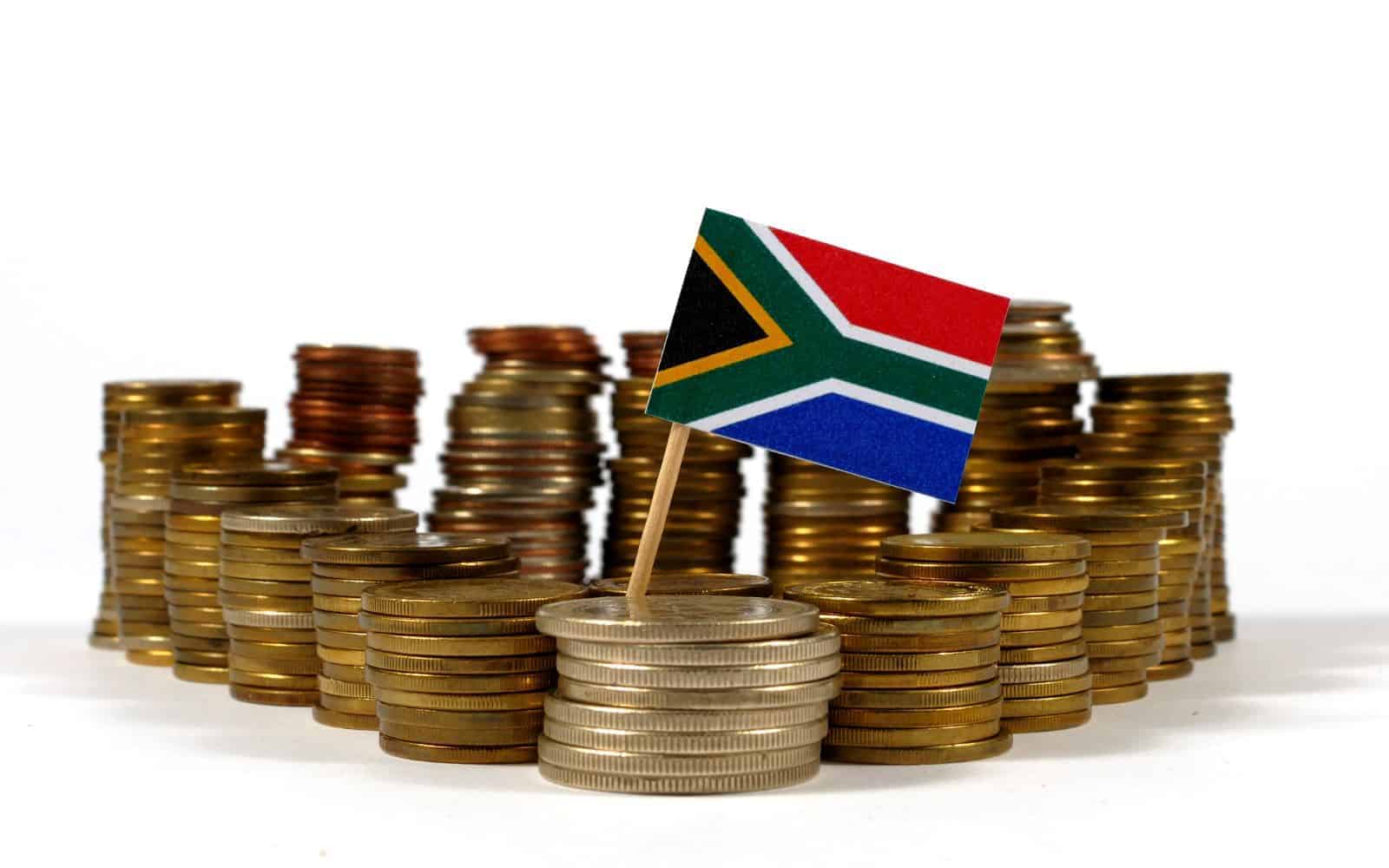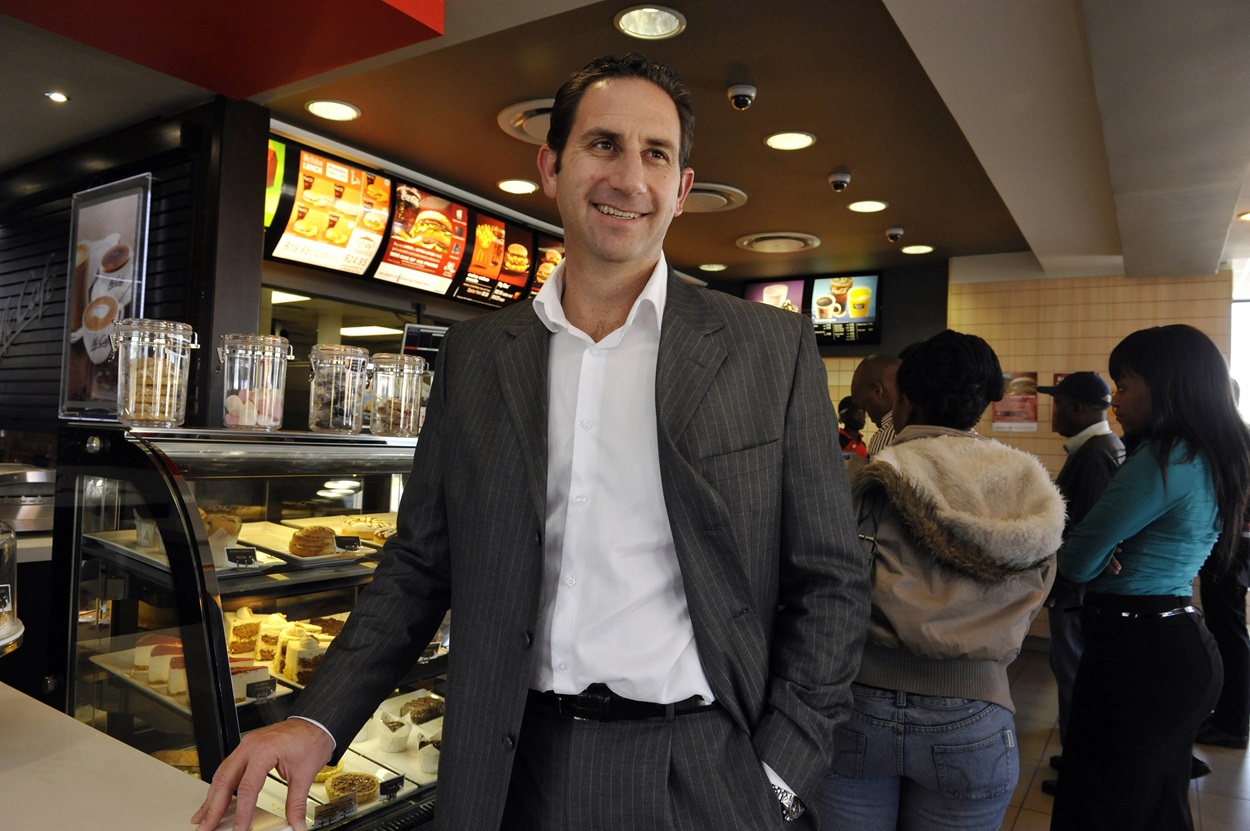Globally, the health sector is spending more on treatment of diseases and not on prevention.
The Department of Health has called on the private sector to make significant investments in public health to ensure everyone gets quality healthcare.
Speaking on health being a form of wealth was Nicholas Crisp, acting director general from the National Department of Health at the 11th “TEHA CEO Dialogue on Southern Africa” on Thursday.
He said though the country’s constitution highlights equality in the value of life, this remains unappreciated.
“In the current system, we see that more money means you are entitled to more health, but there is nowhere in the constitution where it says that, and that is why we are reforming the health system.”
Investment needed �
He said continuous investment is needed, if not made, there is going to be a bigger impact on lives the same way as during the Covid-19. “Investment needs to be targeted and sustained.”
However, he stressed that research must be made before an investment is made. “For example, if we are investing in technology, we need to research if the technology will bring any improvement to the sector.”
ALSO READ: ‘The proposal is ridiculous’: Why PIC money can’t be used to build public hospitals and fund NHI
Interested investment
Crisp added that they are interested in what the public healthcare sector mostly lacks, how to pay for what lacking, and how much they are going to pay.
“We need to make sure we get the greatest impact for that scarce resource we will be making an investment in.” �
He made mentioned that a significant amount of the country’s GDP is spent on public healthcare, however it is not spent wisely.
A new system
Crisp said they are trying to build a system where social solidarity is recognised, and resources are used in a meaningful way.
When asked why is it so difficult to get the investment or the National Health Insurance (NHI) bill off the ground, he said it is because the relevant people are not in a position where they are not able to get the healthcare they need.
The deteriorating state of public health is experienced by 85% of the people. He is of the view that if the minority would experience what they [doctors] and the majority get to experience on a daily, plans would be implemented quickly. �
ALSO READ: South Africa has highest diabetes rates in Africa
Diabetes pandemic
Stavros Nicolaou from Aspen Pharma Group agreed that investment is needed to avoid another pandemic. He spoke mostly on diabetes, as 14 November was World Diabetes Day, and how it is growing in the country.
He said they have seen an increase of type 2 diabetes, and this is not people who have insulin problems, it is those who are eating poorly and not getting enough exercise, with the youngest person being diagnosed being a four-year-old. �
Health is a great purchase
He emphasised that health is a great purchase. “What always surprises me is how people will invest in a luxury good, but not in their healthcare.”
Nicolaou said people have a short memory, as during the Covid-10 pandemic promises were made almost every day that there will be investments made into the public healthcare sector. But there have been more budget cuts, than investments.
Yogan Pillay,director of HIV & TB Delivery at the Bill and Melinda Gates Foundation said there is a need for priorities that the sector can focus on because everything cannot be done at once.
He believes the money allocated to the sector must be utilised with care, because before the sector gets more money, it should show what it has done with the money before.
He stressed that globally, the health sector is spending more on the treatment of diseases and not on prevention.
NOW READ: ‘There’s more to the NHI than just talking about adding money’, says National Treasury














